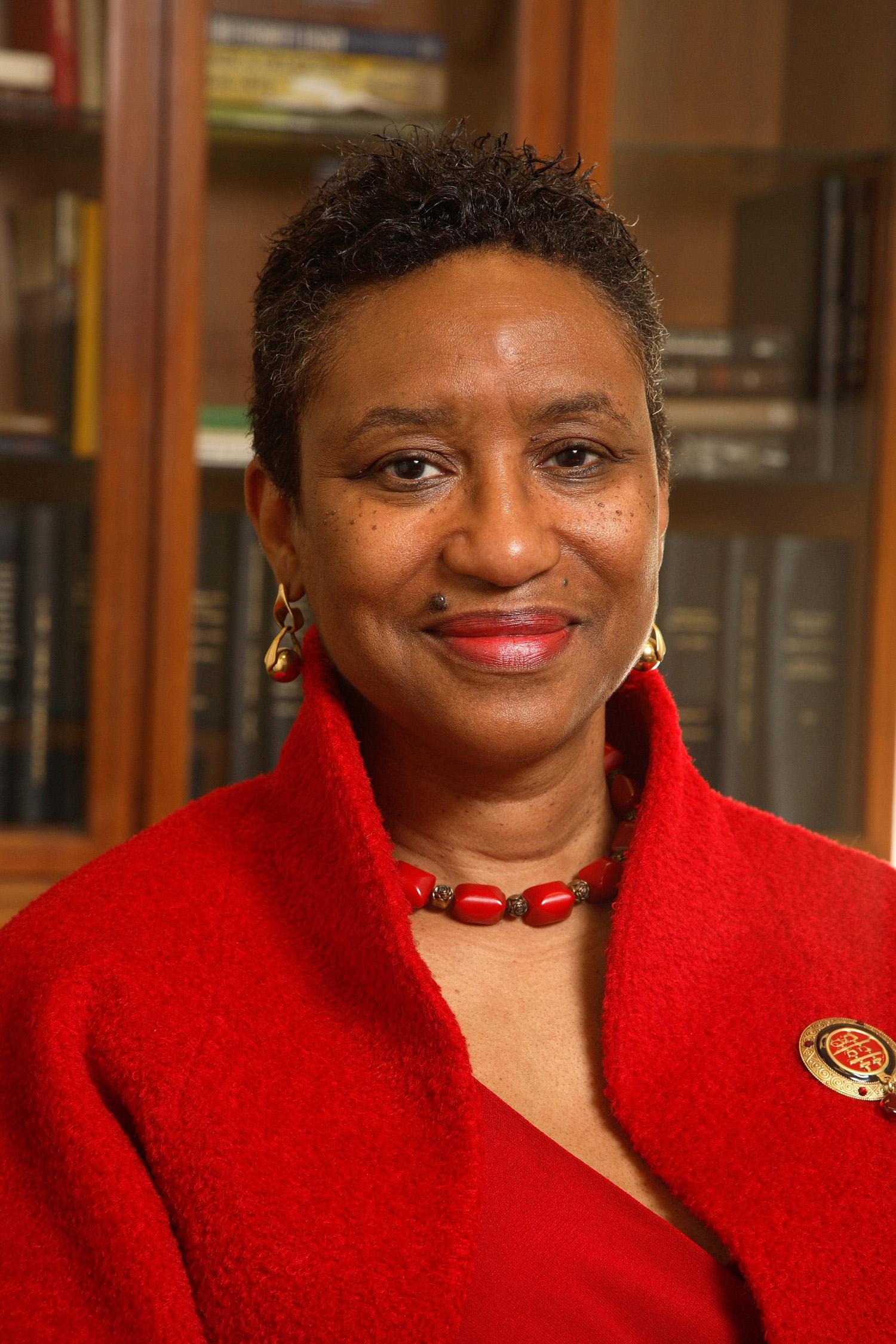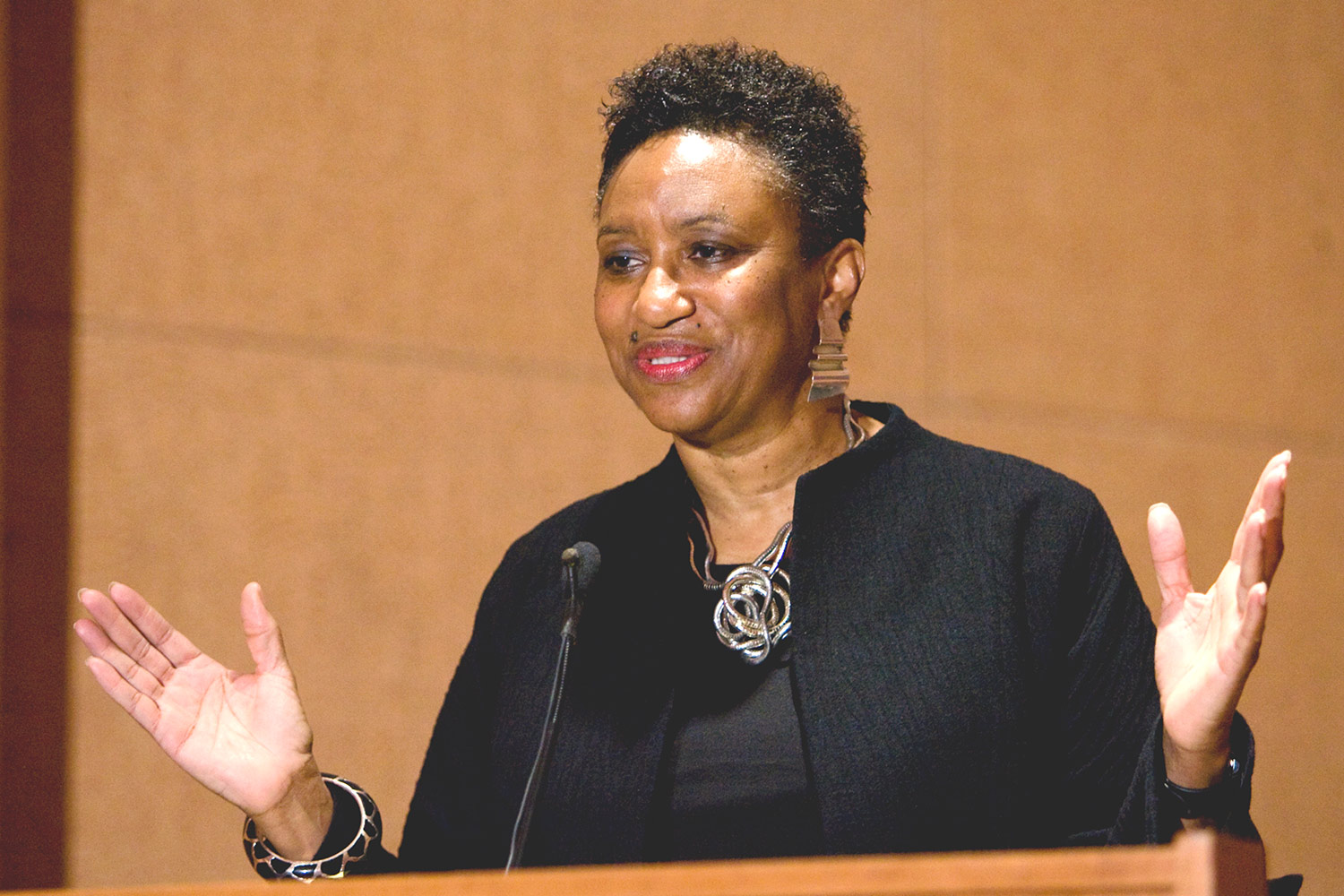Deborah E. McDowell: Literary Scholar & Critic
Who shapes the narratives we inherit, the voices that echo through time? Deborah E. McDowell, a distinguished scholar and literary critic, has dedicated her career to amplifying marginalized voices and challenging conventional literary canons. Her work compels us to reconsider how literary history is constructed, who gets to tell their stories, and how those stories shape our understanding of ourselves and the world.
McDowells influence on African American literary studies, particularly Black feminist criticism, is undeniable. Her groundbreaking 1980 essay, "New Directions for Black Feminist Criticism," published in Black American Literature Forum (now African American Review), called for a more nuanced and inclusive approach to literary analysis. This seminal work challenged existing critical frameworks that often overlooked or misrepresented the experiences of Black women writers. It paved the way for a generation of scholars to engage with literature through a Black feminist lens, examining the intersections of race, gender, class, and sexuality in shaping literary expression. McDowells scholarship has consistently pushed the boundaries of traditional literary criticism, urging us to confront uncomfortable truths and expand our understanding of the power of language.
[table id=1 /]From her position as the Alice Griffin Professor of Literary Studies at the University of Virginia, McDowell has shaped the minds of countless students and contributed significantly to the field of literary studies. Joining the faculty in 1987, she quickly established herself as a leading voice, publishing extensively for both academic and general audiences. Her work has illuminated the complexities of African American literature, exploring the intricate ways in which writers like Frederick Douglass, Nella Larsen, and Toni Morrison have grappled with issues of identity, representation, and social justice.
McDowells 1986 edition of Nella Larsen's Quicksand and Passing, published by Rutgers University Press, played a pivotal role in reviving interest in Larsen's work. This meticulously researched and insightful edition brought these important novels back into the public eye, prompting renewed critical engagement with Larsen's exploration of race, class, and gender in the early 20th century. McDowell's introduction provided crucial context for understanding Larsen's literary contributions and her place within the larger landscape of African American literature.
McDowell's impact extends beyond her own writing. She has served as director of the Carter G. Woodson Institute for African-American and African Studies at the University of Virginia, further solidifying her commitment to promoting scholarship and dialogue on African American history and culture. Her scholarship continues to challenge us to rethink the very foundations of literary history, reminding us that the stories we tell, and the stories we choose to hear, shape our understanding of the past, present, and future.
Beyond her academic pursuits, McDowell has championed the work of other scholars, contributing to edited volumes and participating in critical conversations about the evolution of literary studies. She has engaged with the work of scholars like Houston Baker Jr., David Blight, Henry Louis Gates Jr., and Robert O'Meally, fostering a dynamic exchange of ideas that has enriched the field immeasurably.
Deborah E. McDowell's legacy lies not only in her insightful scholarship but also in her unwavering commitment to fostering inclusive and critical dialogue. Her work serves as a powerful reminder of the transformative power of literature and the importance of amplifying marginalized voices.


